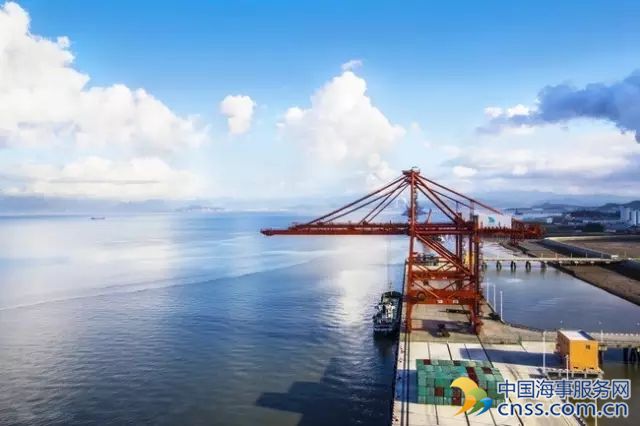Norwegian oil industry service vessel operators to merge

Hit by the oil industry recession, Norwegian offshore service vessel (OSV) operators Farstad Shipping, Deep Sea Supply and Solstad Offshore announced plans to merge on Monday to counter the downturn. Under the deal Farstad is to complete a financial restructuring via a debt-for-equity swap and new share issue, and will then be merged with Deep Sea Supply and Solstad Offshore, controlled by Norwegian billionaires John Fredriksen and Kjell Inge Roekke respectively.
With a combined fleet of 154 ships, the new combined company, Solstad Farstad, will be the biggest owner of large vessels in the supply, anchor handling and construction support segments of the OSV market worldwide, and would rank fourth overall when smaller vessels are included in the count, said the firms. The move to consolidate the sector follows shipping tycoon Fredriksen’s bid by his separate oil tanker firm Frontline to take over rival DHT Holdings, which DHT’s board rejected late on Sunday.
“With this solution, we provide Farstad, Solstad and Deep Sea Supply with an industrial platform to sustain the current downturn in the OSV market and be well positioned to exploit a market recovery,” Farstad’s chief executive Karl Johan Bakken said in a statement. Shares in Solstad were up 24 percent at 13.60 crowns by 0946 GMT, when Farstad was up 12 percent at 4.72 crowns and Deep Sea Supply was down 2.4 percent at 1.62 crowns. As part of the deal, Farstad’s banks, bondholders and other creditors agreed to convert billions of crowns owed into shares, the companies said. In addition Roekke and Fredriksen are to fully underwrite a share issue by Farstad to raise 650 million Norwegian crowns ($80 million).
Following the merger Roekke’s Aker will own up to a quarter of the shares of the new company, while the Fredriksen family’s Hemen Holding company will hold up to 18 percent, according to the joint statement. “Aker and Hemen have agreed to adjust their shareholdings following completion of the combination so that they end up as approximately equal shareholders in the combined company,” they added. The firms also said the combination would enable cost-savings in the range of 400-650 million crowns ($49-$79 million).
Source: Reuters (Editing by Greg Mahlich)
HEADLINES
- Do shipping markets want Biden or Trump for the win?
- All 18 crew safe after fire on Japanese-owned tanker off Singapore
- Singapore launching $44m co-investment initiative for maritime tech start-ups
- Cosco debuts Global Shipping Industry Chain Cooperation Initiative
- US warns of more shipping sanctions
- China continues seaport consolidation as Dalian offer goes unconditional